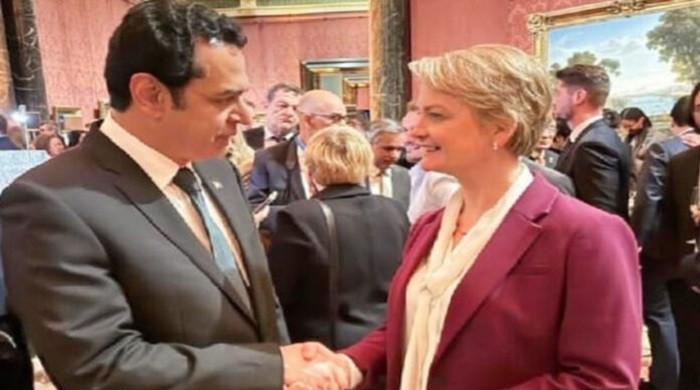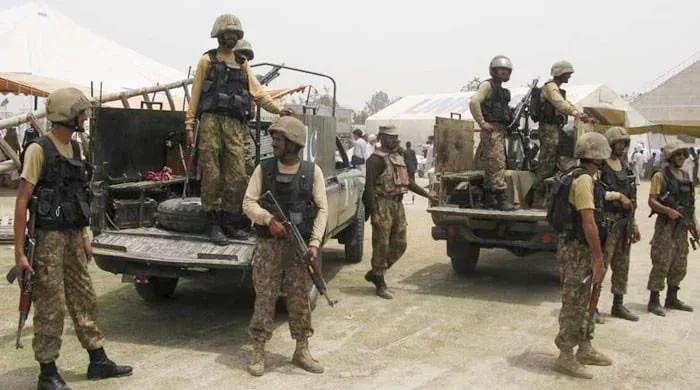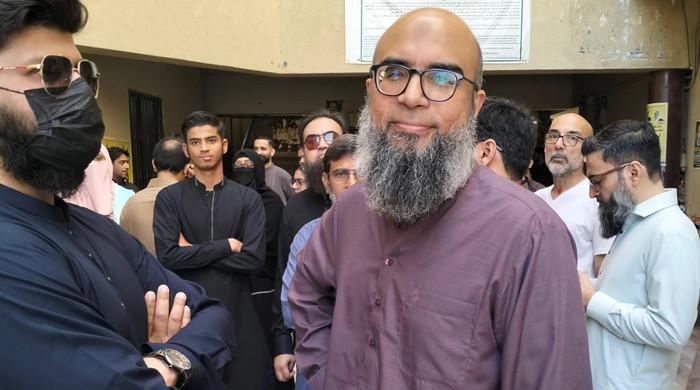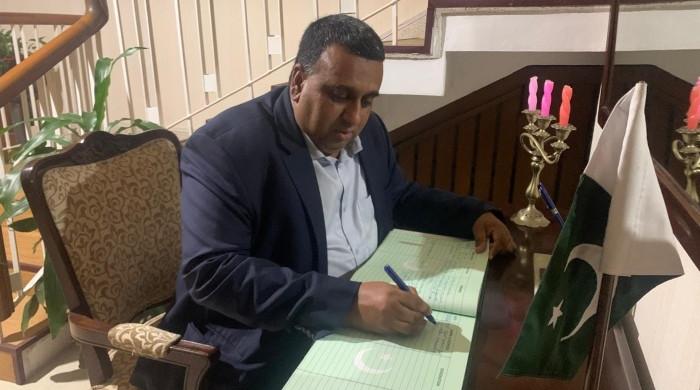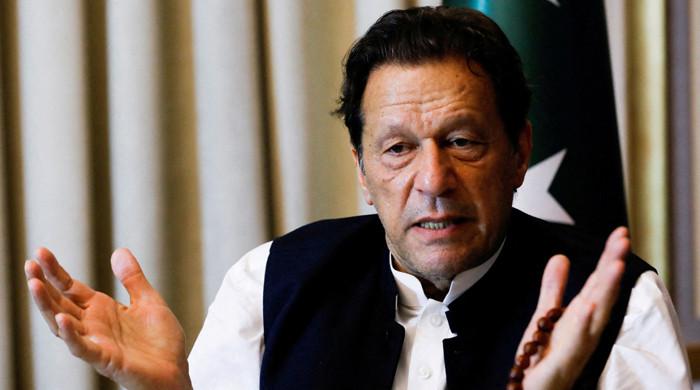Mosques to remain open for taraweeh during Ramadan
Ministry of Religious Affairs says like last year, mosques will remain open provided they follow the 20-point agreement
April 01, 2021
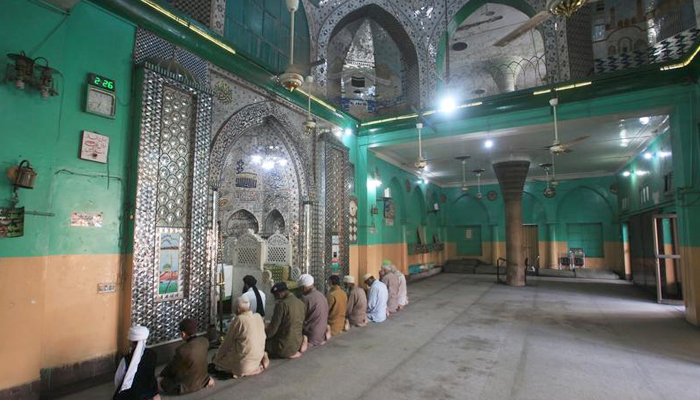
- NCOC decides to allow mosques to remain open in Ramadan after consultations with religious affairs minister, provinces.
- Like last year, mosques will remain open, provided they follow a 20-point agreement finalised between stakeholders.
- Ruet-e-Hilal Committee to convene on April 13 for sighting of Ramadan moon.
Mosques will remain open across the country for taraweeh (prayers held during Ramadan) and Khatam-e-Quran during the holy month of Ramadan, the Ministry of Religious Affairs and Inter-faith Harmony said Thursday.
The ministry's announcement comes after Minister for Religious Affairs and Interfaith Harmony Noorul Haq Qadri had said mosques across Pakistan will stay open during Ramadan with strict adherence to COVID-19 standard operating procedures.
The ministry, in a notification issued today in this regard, said the decision to keep mosques open was taken during a National Command and Operation Centre (NCOC) meeting after consultations with the federal minister for religious affairs and provinces.
The ministry said like last year, mosques will remain open and prayers will take place, but they will be allowed subject to the 20-point agreement between stakeholders.
The 20-point agreement
The following are the 20 points that the government had issued last year:
1. No carpets or dariyaan (mats) to be laid down in mosques because the virus is airborne. Clean floors for prayers must be ensured.
2. If people want to bring prayer mats from home they may do so.
3. No gatherings after namaz/taraweeh will be permitted.
4. If a mosque has an open area/garden it is preferable to conduct prayers there.
5. People over 50 years of age, children should not be allowed in mosques.
6. Everyone must follow the instructions of social distancing by WHO and other health experts.
7. Taraweeh should not be conducted on roads, footpaths and anywhere else than the mosque premises.
8. People should continue to keep observing regular prayers at home.
9. Masjid, Imambargah floors should be washed with chlorinated water regularly.
10. There should be a six-feet distance during congregational prayers/
11. The mosque should form committees to ensure that people are abiding by the rules and decided SOPs.
12. Markers should be made on the floors of mosques and Imambargahs to guide people about the distance they should keep from others.
13. People should do ablution at home.
14. People must wear face masks when coming to mosques and maintain physical distance.
15. People must avoid handshakes.
16. Itikaf must be observed at home.
17. No one must prepare or hold Sehri and Iftaar in mosques.
18. Mosque committees should be in constant contact with the provincial government.
19. Mosques committees are allowed to conduct taraweeh under these SOPs.
20. If during Ramazan, government authorities feel that the situation has got out of control and the number of cases surge, the authorities can review the decisions taken.
Ruet-e-Hilal Committee to meet on April 13
In a statement issued two days ago, the Ruet-e-Hilal Committee said it will meet on April 13 to sight the moon for the holy month of Ramadan.
Chairman Central Ruet-e-Hilal Committee Moulana Abdul Khabir Azad has summoned the session, the statement issued said, adding the meeting of zonal and district committees would take place at their respective headquarters.
This would be the first Ramadan moon sighting under the new chairman, Moulana Azad, who was appointed by the federal government in December last year, replacing Mufti Muneeb-ur-Rehman.
The new chairman in January said he would try his best to bring harmony in observing Ramadan and celebrating Eid in the country in the years to come.
"The entire nation will observe fasting on the same days and also celebrate Eid on one day," he had said.




